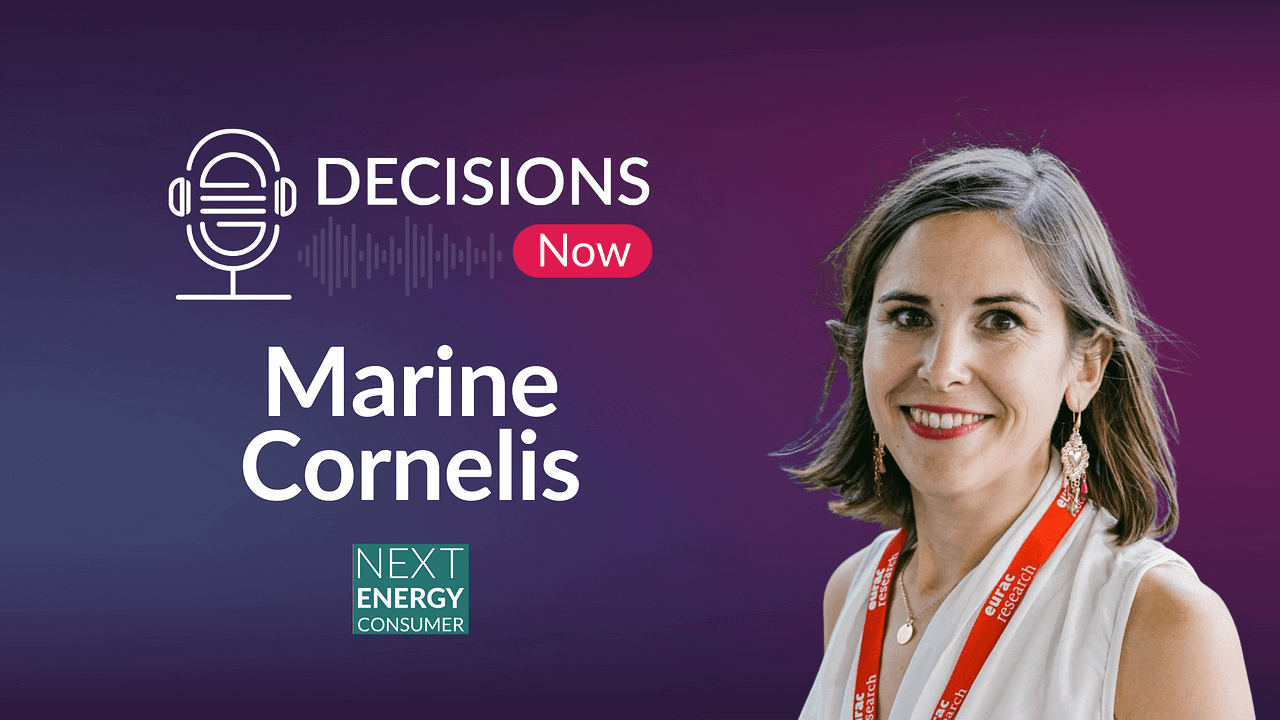When we think of artificial intelligence (AI), sales aren’t the first thing that comes to mind. But AI can leverage sales data to close deals faster and more efficiently. Steve Richard, the co-founder of ExecVision, joins the Decisions Now podcast to discuss how to best optimize the sales process with AI.
Co-hosts Rigvinath Chevala, EVS chief technology officer, and Erin Pearson, vice president of marketing chat with Richard about how AI may help businesses educate and teach their salespeople to be more effective at closing deals. In this episode you will find a robust conversation about:
- The significance of AI and data analytics when developing an effective sales tool,
- ️How conversation intelligence helps or assists with sales calls,
- The importance of conversational intelligence in developing sales intelligence, and
- How to leverage sales intelligence for effective sales coaching.
So how do you use AI and data to become a better salesperson? Let’s take a look:
Understanding the Challenge
“One of the things that I think sometimes happens is people will go after AI for the sake of AI as opposed to starting with a business challenge in mind,” Richard said.
In an example, he discussed the challenge a team was facing with their campaigns. While inherently it seemed to be a bottleneck with marketing campaigns, using sales intelligence proved the hold-up wasn’t getting the leads but the follow-up from the sales team.
He recommended using AI to analyze sales calls to better understand if the team is asking the right questions and using the messaging correctly.
Studying data points and filling the rest of the gap with conversation AI to understand the challenges, helps us pinpoint what part of the strategy needs tweaking.
Leveraging the Power of Data and People
When it comes to analyzing data to understand trends, it’s important to talk to all teams involved, rather than overtly relying on just data or the people.
Instead of assuming if the data is accurate, we must ask if it is directionally accurate, Richard added.
“Of course, you need domain experts because that’s what your understanding of that domain is, whether it’s sales or marketing, but then also your models need to be built with that domain expertise in mind,” Chevala said. “So that’s the combination of those two is the only way you actually can get to that directional sense of where the data is going.”
Evalueserve, relies on expertise and value service from a domain standpoint, hence building our AI to be domain-specific, Chevala added.
“Data is great for finding some of these trends, but you really need people to do the research,” Pearson said.
Sentiment Analysis
It’s essential to study the available data, Richard said.
In an example, he mentioned a stronger relationship between closing a deal and negative sentiment on the call, using negative or cuss words on a call, showed the dynamic tension.
“If someone feels comfortable enough with you to swear on a call, that’s actually a pretty good indication of high rapport, even though it’s going to show up as a negative sentiment in many cases,” Richard said.
His client, a consumer debt refinancing company’s calls often showed negative sentiment upfront over calls due to the nature of the job, talking with folks who were in debt.
“So in a situation like that, like a domain-specific AI application, I would suspect there’s a lot of things you could do with AI around that that can help inform you which of my inbound customer calls are the ones that are the highest likelihood of closing and then tie that back to, for example, what marketing advertising do we do and where we advertising on Facebook or Instagram or banks websites,” Richard added.
Coaching Your Team
“People are more likely to listen when they conclude something for themselves than being told what to do,” Richard said. “Focus on the people that have high, high desire and will to change, but maybe not the most skillful.”
When sales coaching, ask the teams to go back and review and listen to your own calls every week. Set up smart alerts that pick up on keywords, when there is a perfect sales call, to learn what you are doing right, and on the other end when a call is just a basic level, smart alerts help determine what to do better. This helps you build the framework, defining what is good for each call type and not.
“All of this feeds into the data and analytics because if you have a coaching program like that, we can see, is it happening or not? Is there consistency? Is there accountability? Are people executing it the way they should or not?” Richard said.
When listening to their own calls, the team should score themselves
“If you listen to one of your own calls as a new hire, sales are up per week for three months,” Richard said. “Listen to other people’s calls too but listening to your own blows away because you can make those adjustments and you can kind of see and you have to listen to it with that rubric, with that scorecard.”
For more advice by Steve Richard on strengthening your sales strategy with AI, listen to the sixth episode of the Decisions Now podcast, and don’t forget to subscribe!



